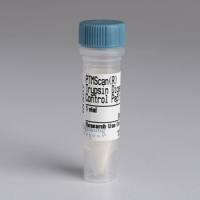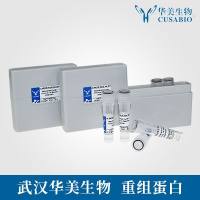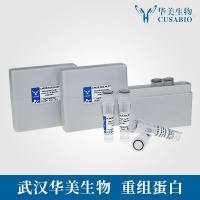Naturally occurring regulatory T cells (nTregs; CD4+ CD25+ Foxp3+ ) are capable of suppressing the chronic inflammation observed in a variety of different animal models of autoimmune and chronic inflammatory diseases such as inflammatory bowel diseases, diabetes, and arthritis. A major limitation in exploring how and where nTregs exert their suppression in vivo is the relative paucity of these regulatory cells. Although several laboratories have described different methods to expand flow-purified nTregs or convert conventional/na�ve T cells (CD4+ Foxp3− ) to Foxp3-expressing “induced” Tregs (iTregs; CD4+ Foxp3+ ) ex vivo, we have found that many of these approaches are encumbered with their own limitations. Therefore, we sought to develop a relatively simple ex vivo method to generate large numbers of Foxp3-expressing iTregs that can be used to evaluate their trafficking properties, suppressive activity, and therapeutic efficacy in a mouse model of chronic gut inflammation in vivo. We present a detailed protocol demonstrating that polyclonal activation of conventional CD4+ T cells in the presence of IL-2, TGFβ, and all trans retinoic acid induces >90% conversion of these T cells to Foxp3-expressing iTregs as well as promotes a three- to fourfold increase in proliferation following a 4-day incubation period in vitro. This protocol enhances modestly the surface expression of the gut-homing adhesion molecule CCR9 but not α4 β7 . Furthermore, we provide preliminary data demonstrating that these iTregs are significantly more potent at suppressing T-cell activation in vitro and are equally effective as freshly isolated nTregs at attenuating chronic colitis in vivo. Finally, we report that this protocol has the potential to generate 30–40 million iTregs from one healthy mouse spleen.






